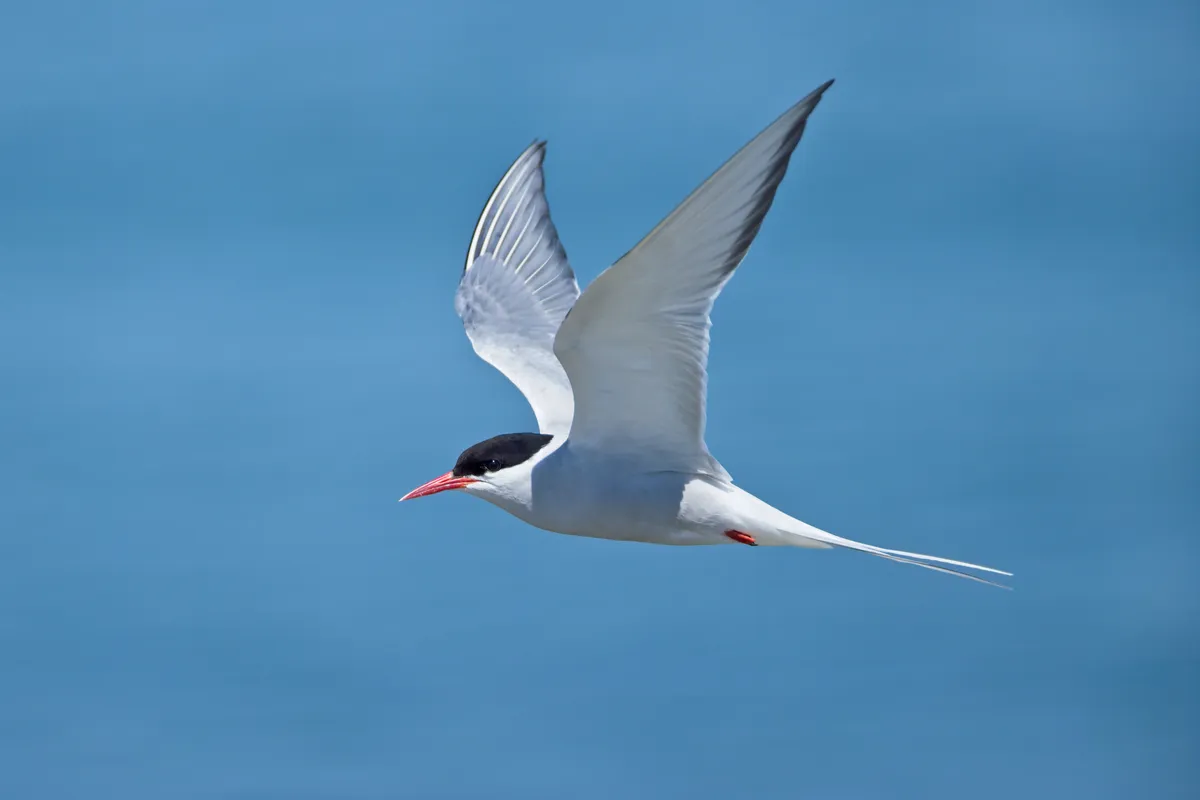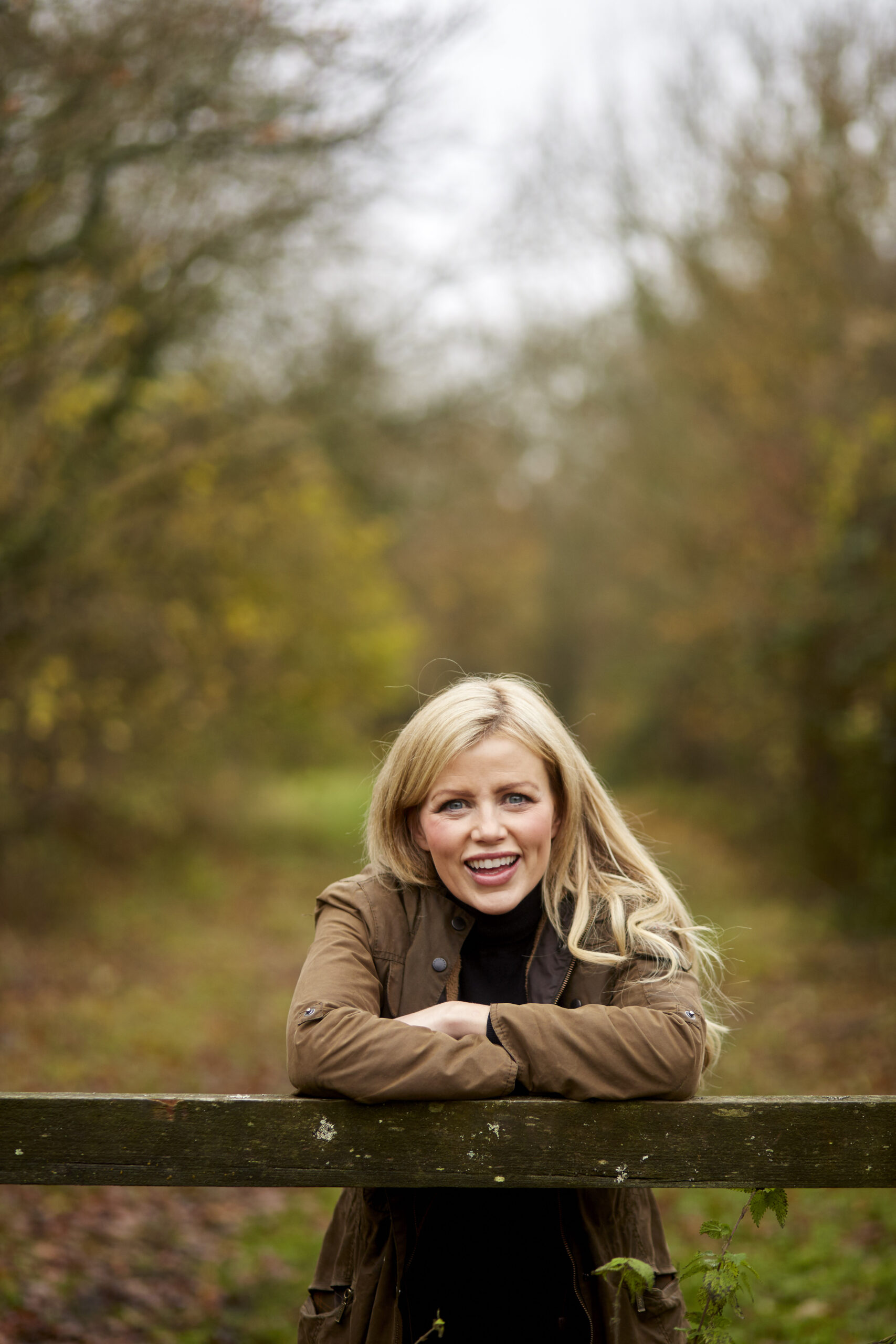Birds give the biggest bang for your wildlife buck. If mammals are your thing, you’d better get used to some unsociable hours; for invertebrates, amphibians and reptiles, you have to know your locations and wait for just the right time. But birders always strike it lucky. No matter the day or the place, you will see a bird. It could partly explain why we are a nation of birders to one degree or another.
- Ellie Harrison: A whale’s death brings more life to the ocean
- Ellie Harrison: Ordnance Survey maps preserve the history of our ancient trails
- Ellie Harrison: My reluctant admiration for dogs
The birding brigade
I certainly never intended to join the birding brigade, who seem to have things well-covered, preferring instead the bizarre physiology of invertebrates. Indeed, it can be a lifetime’s learning to come to know the ‘jizz’ (general appearance of a species), behaviour and sounds of birds, even on one’s own patch. And yet, over time and without even noticing, I find myself turning to the silhouettes above and tuning into the voices in the air. A crumb of extra nature in the day. On Countryfile, I have cached some spiritual moments with birds that may sustain me anytime I wish to dial them up. And now I’m indulging in a topic as broad as ‘birds: good times’.
If you’re tenacious enough to hold the record for the longest migration in the world, then rapping on the head of the animal that holds the record for being the most harmful in the world (us) ain’t no thing. Any human who has ventured near nesting Arctic terns had better take heed of those very sharp bills on our very thin scalps. Especially if Hitchcock’s or Banky’s bird scenes are likely to trouble you. The day we filmed on the Farne Islands, I emerged with a bleeding head and crusted jacket, and a tourist had thwacked an Arctic tern out of the air with his umbrella, killing it outright and sending the rangers racing round the island in hopes of finding its now-doomed chicks.
- Tern guide: UK species and how to identify them
- Guide to Britain’s geese species: how to identify and where to see
- Guide to Britain’s swans: species identification, folklore and where to see them

Experiences to treasure
I once tried a day of parahawking with red kites, to experience both riding thermals and to understand how their visual acuity – 2.5 greater than our own – meant seeing objects over extraordinary distances from the air. We were a young crew back then, and rigging my feet for cameras and my helmet for sound took the largest chunk of the day. Among us was paragliding instructor Steve Milson, who patiently endured our faffing, never revealing he had been assistant director for Batman and Empire of the Sun in a previous life, the most qualified among us.
I have loved near-misses from storm petrels briefly flapping out of a dark windy night on Skomer Island as they made their way ashore to nest. I’ve gleefully bobbed at the centre of chummed water beneath Bempton Sea Cliffs as gannets in their scores dived the waters around us, and blasted down the runway with my head stuck out of the car roof at the front of a skein formation with swans on my tail. I have cautiously eyed various birds of prey atop borrowed gauntlets, wondering if they were inclined to peck my eye out, and attempted to get decent shots of beautiful coloured pigeons on Bristol’s pavements. Perhaps the liveliest of all are the summer cliff-faces all around our nation, those jostling tower blocks of feeding and raising chicks that eventually fall silent as the season’s efforts end.
I find myself turning to the silhouettes above and tuning into the voices in the air.
But in 20 years, more than half the populations of many bird species have disappeared from our skies. The reasons are broad (pressure on migration routes, loss of habitat, climate change) and slow moving. But all we are doing to counter this – single small acts – add up. One is a simple win-win new law that would guarantee ‘swift bricks’ in every new home to help roof-nesting species. Small actions to increase insect numbers have wide-reaching ripples, benefitting all nature.
There’s a reason we are all birders at heart. A comfort in our co-existence, each day the unconscious seeing, varied by season, the crescendo in spring, the warning of impending peril, the inspiration for taking to the air and the only living link to dinosaurs.
